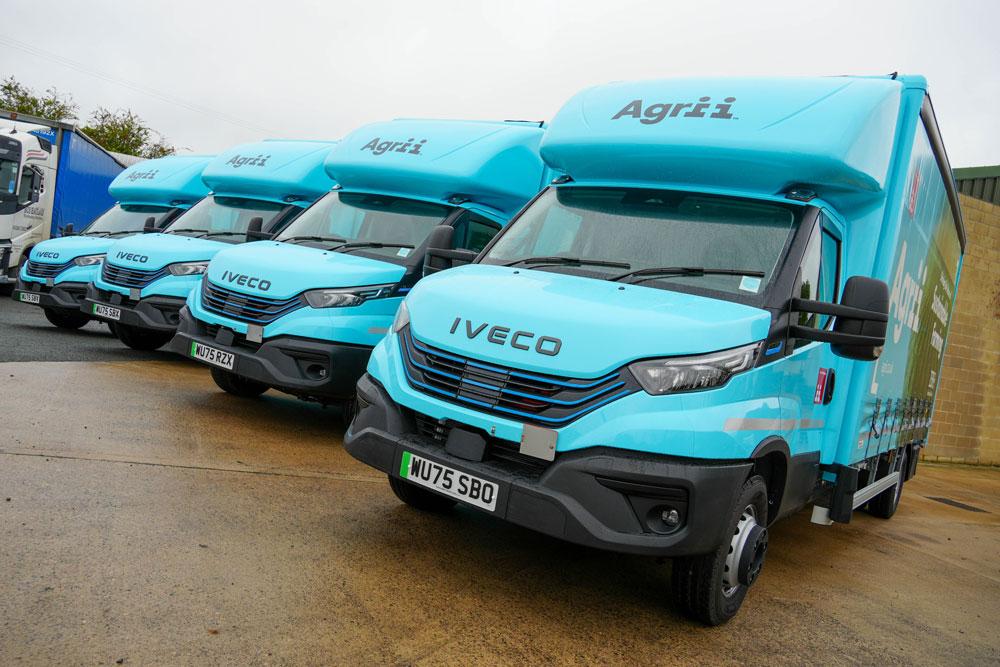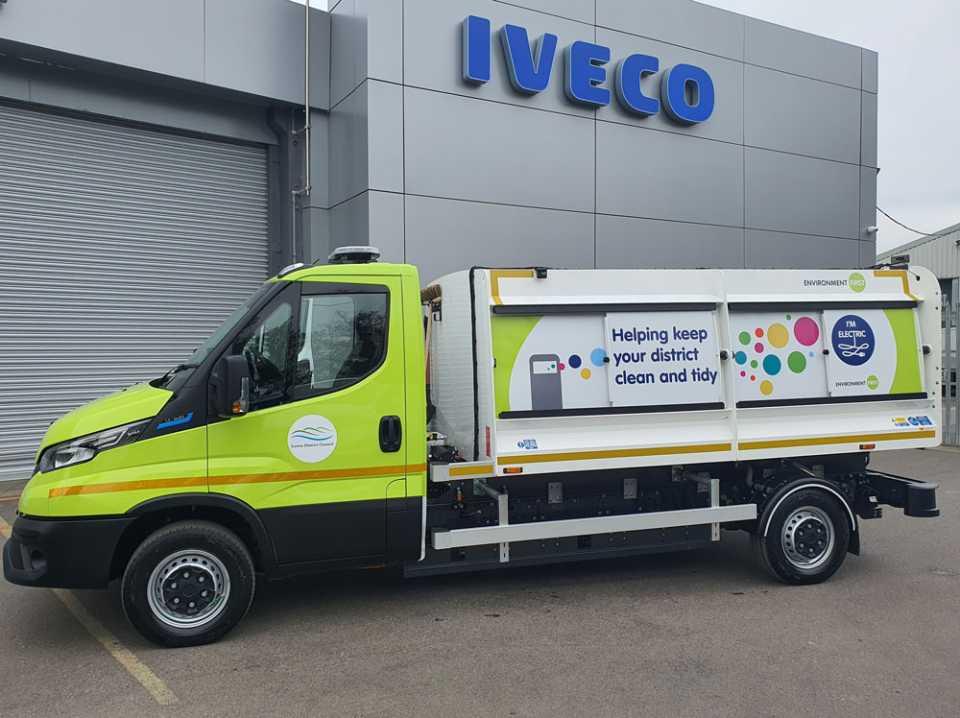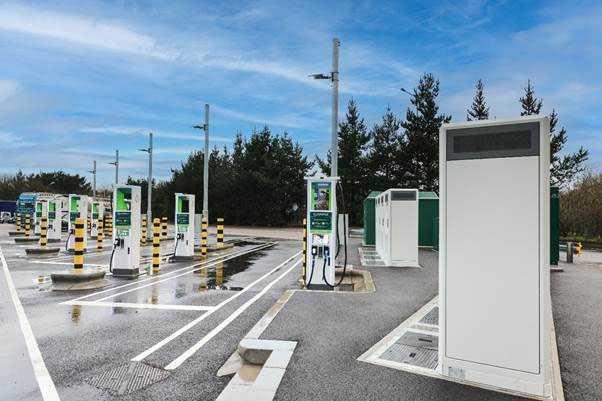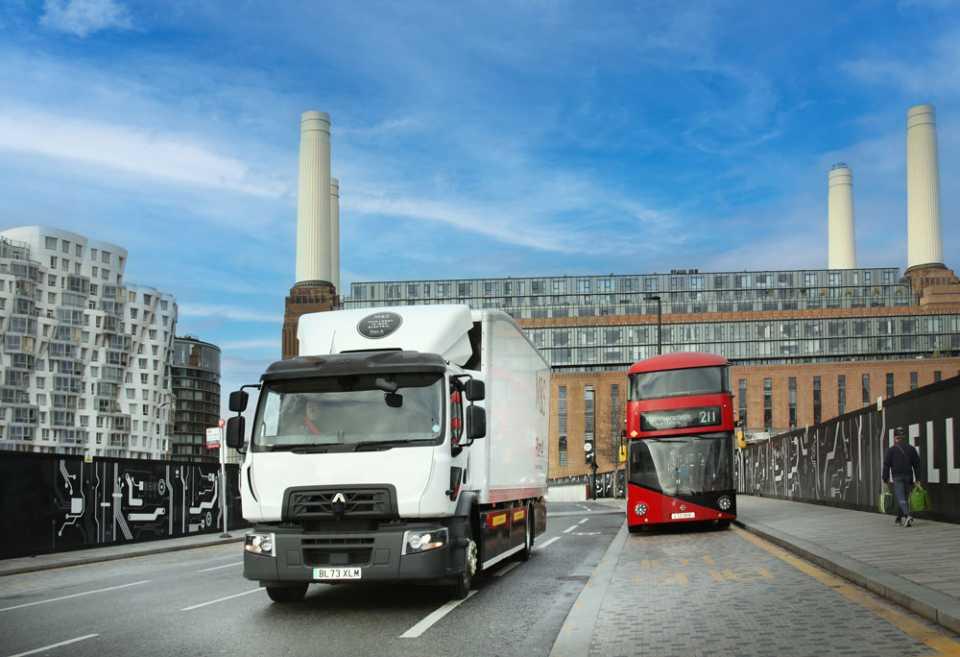Demand for zero emission trucks fell by -7.3% to just 217 units in 2024, the latest figures from the SMMT have revealed. This makes up a 0.5% market share, which is the same as in 2023.
With the UK signalling it will end the sale of all new, non-zero emission HGVs weighing up to 26 tonnes in 2035 – almost three quarters of the market last year – the SMMT says that uptake must grow exponentially in the next decade.
An updated replacement of the Plug-in Truck Grant - which is due to end in six weeks time, is critical, the SMMT says, as is support for depot upgrades.
The provision of enroute infrastructure is also limited, with fewer than five HGV-dedicated chargepoints on UK roads. Mass market adoption of zero emission trucks de-pends on their charging needs being met via a national vehicle infrastructure strategy, which must consider all vehicle types. Indeed, given the majority of the new HGV market must be zero emission by 2035, action must begin now.
Overall the UK’s new heavy goods vehicle (HGV) market fell for the first time in three years in 2024 with registrations down by -2.7%.
The decline, however, including a -3.3% drop in quarter four, is compared with a strong 2023 which was the busiest year of truck fleet renewal since 2019. Indeed, with 44,988 new registrations last year, it means 2024 is the second best annual performance across that five-year period.
The annual decline was driven by falling demand for articulated trucks, down -12.4% to 19,079 units, which off-set a rise in deliveries of new rigid trucks,4 up 6.0% to 25,909 units. Demand grew for box (13.4%), curtain-sided (7.1%), tipper (0.9%) and flat (4.1%) truck bodies, but tractors remained the most popular body despite a -13.4% fall in registrations to 18,570 units.
Mike Hawes, SMMT Chief Executive, said: "A slight decline in truck fleet renewal reflects a sector that is normalising after strong post-Covid growth. With most of the market nearly one full investment cycle away from the 2035 end of sale, however, urgent action is needed to address stagnant zero emission uptake. Manufacturers are delivering the products – now operators must be convinced to invest. Meaningful fiscal support and infrastructure rollout is essential, therefore, so that fleet transition is a compelling commercial proposition."







